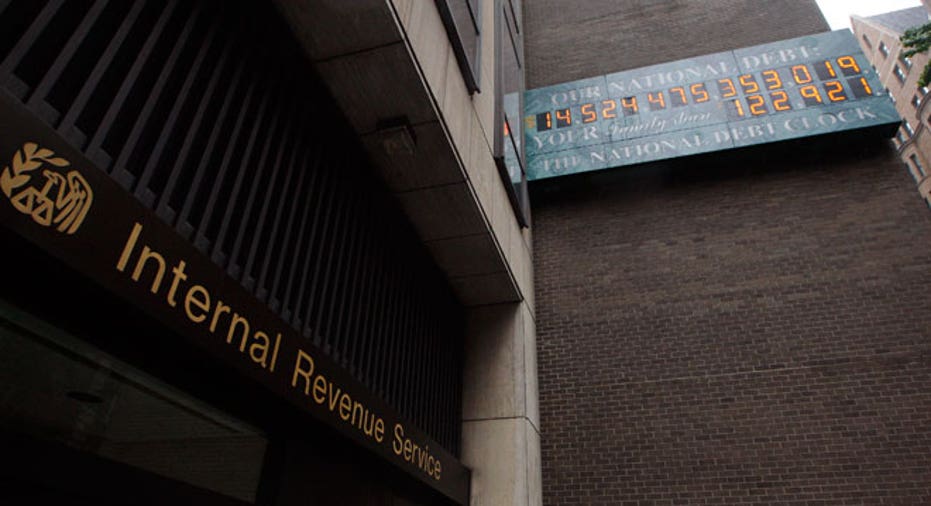IRS Apologizes for Targeting Conservative Groups

Republican lawmakers blasted the Internal Revenue Service on Friday after a top IRS official apologized for "inappropriate" targeting by the agency of applications for tax-exempt status from conservative political groups.
In a practice that conservatives complained about during the 2012 election campaign, organizations that used the words "patriots" or "Tea Party" in their tax-exempt status filings were flagged by the IRS for further review.
Lois Lerner, director of the IRS tax-exempt office, said the practice "was absolutely incorrect and it was inappropriate."
Speaking at an American Bar Association conference in Washington, Lerner said, "We would like to apologize for that."
None of the groups that were given extra scrutiny have been rejected yet for tax-exempt status, she said.
Lerner said the screening process was "absolutely not" influenced by anyone in the Obama administration.
Senate Republican Leader Mitch McConnell immediately called for a White House review to assure that "thuggish practices" were not being used by the government against Americans.
House Oversight and Government Reform Committee Chairman Darrell Issa, who earlier called for the IRS inspector general to look into allegations, said his committee will "aggressively follow up ... and hold responsible officials accountable."
Republican Senator Rob Portman in a statement accused the IRS of "overt and excessive harassment of groups targeted for their political beliefs" and urged "additional safeguards ... to prevent this obtrusive behavior in the future."
Tax-exempt applications, for groups ranging from hospitals to labor unions, are routinely reviewed by IRS civil servants.
Known as 501(c)(4) groups after the section of the tax code that makes them tax-exempt, such organizations can collect money from anonymous donors and spend it on advertising. To stay tax-exempt, they cannot endorse a candidate or a political party.
The number of groups seeking 501(c)(4) status has jumped since the U.S. Supreme Court's 2010 "Citizens United" decision that lifted government limits on corporate spending in federal elections.
Such contributions became controversial during the 2012 election season, as groups favoring both major political parties financed negative ad campaigns to try to influence the race between Obama and Republican challenger Mitt Romney.
"I will be discussing this further with the head of the IRS and expect a full briefing and report as to how this happened," said Republican Senator Orrin Hatch in a statement.



















